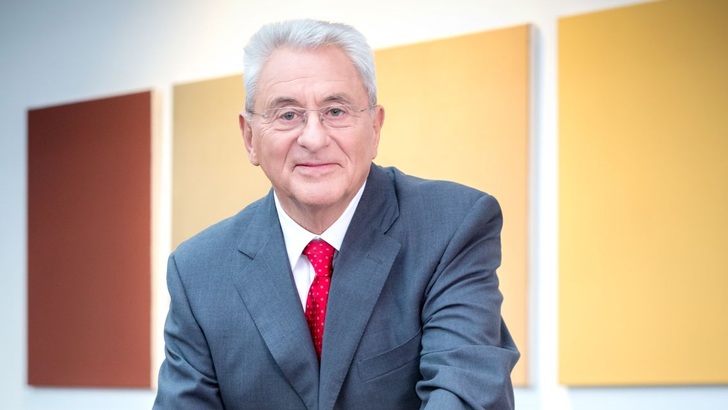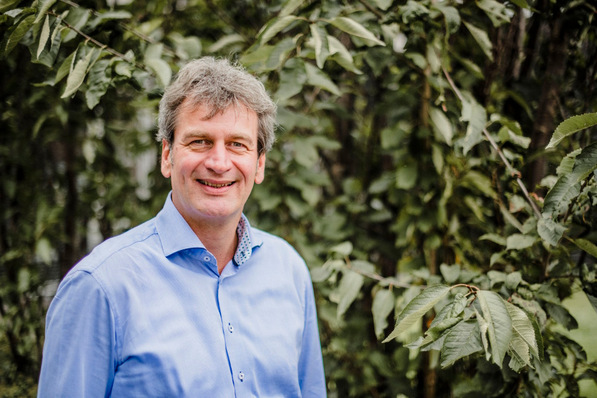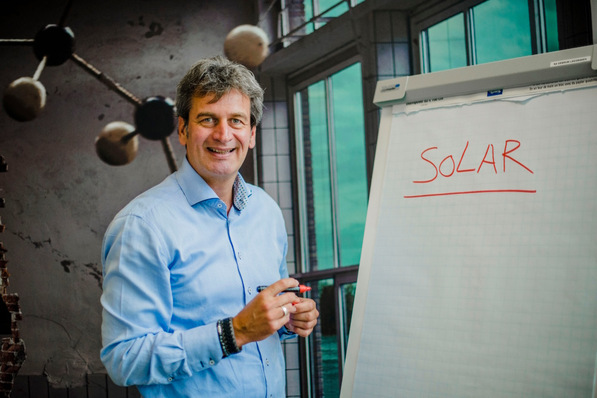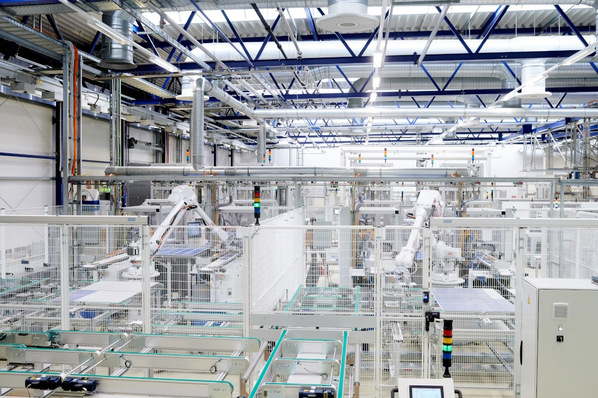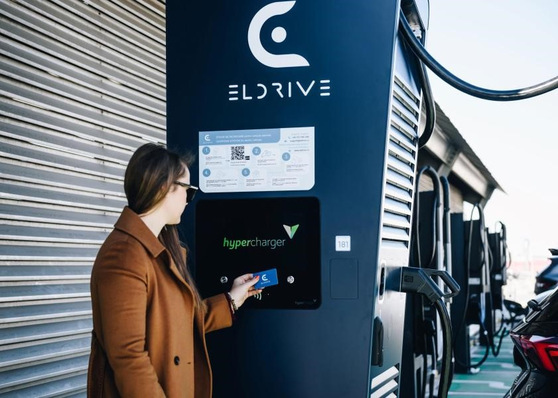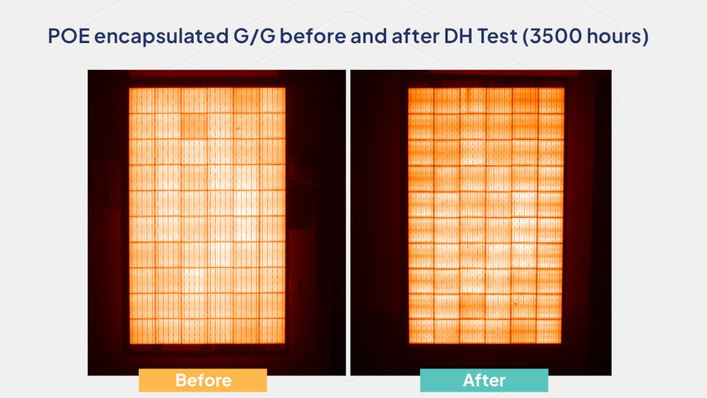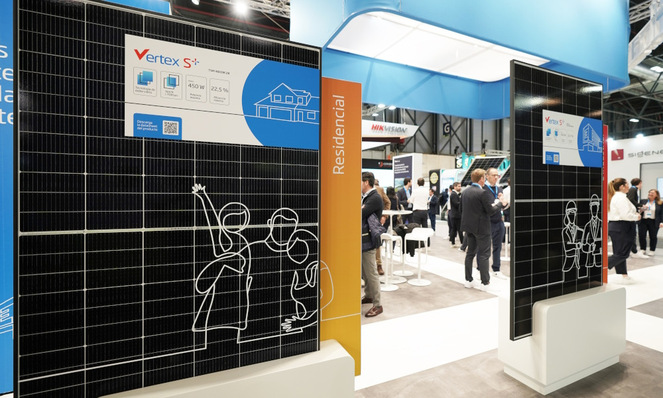How has 2017 been for IBC Solar?
After three lean years we are finally making money again. Today I see the overall situation of the market as much more favourable than the previous year. However, different markets are developing differently.
How so?
Let me give you an example: The French have announced that they would install one gigawatt this year. I have my doubts. 300 megawatts have been planned for the site of the nuclear power plant in Fessenheim, but that location is not very suitable for photovoltaics – lots of woodland. On the other hand, I expect there to be significantly more capacity additions in the south of the country.
Now we are already talking 2018. Looking back, how do you assess the demand for last year?
We saw a very high demand for solar panels made by IBC Solar. I would say that this is also due to the fact that we are known as a stable company. We have so far not run into financial difficulties and at 80 percent our equity ratio is quite high. Demand had been so great that for two months we were running into supply bottlenecks. We even had to empty our warehouses. But now we are back to business as usual.
How many solar panels did you sell?
IBC Solar AG has sold about 320 megawatts in 2017. Add to that our regional subsidiaries, and you get more than 420 megawatts of turnover. But these figures are not yet confirmed, we are still working on our annual report.
What markets have been the drivers for you?
The market here in Germany, of course. Self-consumption is now the dominant business model here. But we have also done quite well when it comes to tenders. In February we were able to successfully bid for four projects and another four in April. It was interesting to see that prices for bids combining wind and photovoltaics ended up being higher than in February. Nevertheless, the PV was able to win all contracts. Providers of wind power, on the other hand, did not get a single one.
How much are you interested in the other European markets?
Spain is coming back. There, as also in Italy, self-consumption is becoming more important. And while both markets are determined by self-consumption, in Spain there is so far no demand for storage. Italy, however, is seeing the development of a storage market.
How about Turkey?
I am expecting a decrease in demand there: The regulations for one megawatt installations are currently expiring. And it will probably take some time before the new large-scale projects that were announced will actually be realised.
Are there any interesting regions beyond Europe?
We took a step towards South America. And business in South Africa, including storage, is also coming along very well. South Africa is our supply base for all of Sub-Saharan Africa.
Are you also active in the US?
We used to have offices in Cleveland and San Francisco, but back then we abandoned this market altogether. Maybe we got out too early? But you could also say that we had gotten in too early. Now we will keep an eye on this market and then decide if we want to enter it again.
You mentioned storage, where IBC used to be among the leaders, both with led and lithium batteries. How many systems were you able to sell in 2017?
We have sold 2,500 storage systems, mostly for private end customers. As far as commercial storage is concerned, the market will need a little more time to mature. I see the storage market as being about where the PV market was in 1988 or 1989. But it is developing rapidly and we will need to keep pace.
You are still offering led-based storage systems. Is there even demand for those?
In large-scale commercial applications, led can still make sense. But even when planning larger systems for Europe we tend to base them around lithium. About 15 percent of the storage systems that we have sold could be accounted as more or less commercial. Our Solstore Li can be scaled up to 113 kilowatt hours of capacity or an output of 72 kilowatts. Currently there is on installation that consists of 16 Solstore Li.
But lithium is winning out, is it not?
At a company near to us we are currently running an experimental lithium storage system of 100 kilowatt hours. But until lithium batteries of such a size will be commonplace will take a little while yet. We want to see whether such solutions can be used to balance the consumption of a larger company and reduce peak loads. Electric vehicles can also be a challenge in terms of short-term demand. These could be interesting models for refinancing the cost of a storage system – beyond self-consumption. (HS)
Stay informed, get our newsletter twice a week.
Register here: http://www.pveurope.eu/Newsletter
Join our Guided Tours at The smarter E and EES Europe 2018 in Munich!
Read more on solar modules in Europe:
http://www.pveurope.eu/News/Solar-Generator/Smart-solar-modules-offer-enhanced-durability-easier-installation-and-lower-LCOE-Andrea-Viaro-of-Jinko-Solar-Europe-says
https://www.pveurope.eu/solar-modules/solar-modules-costs-prices-and-finance-at-a-glance
https://www.pveurope.eu/solar-modules/solar-modules-our-insight-stories-at-a-glance
http://www.pveurope.eu/Products/Solar-Generator/Solar-modules/IBC-Solar-puts-out-the-new-Monosol-Module-VL4-with-300-Watts
Read more about solar modules.

